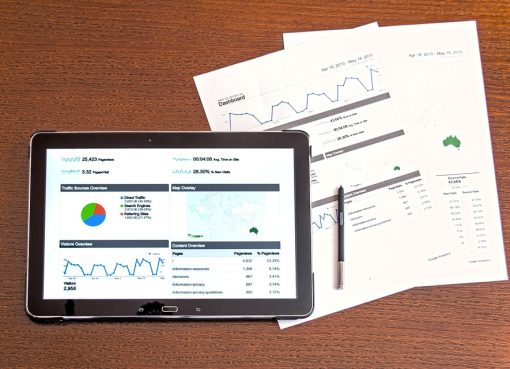Riding the Wave: Strategies for Successful Trading in the Australian Equity Market

Equity markets in Australia play a crucial role in the country’s financial landscape, providing investors with opportunities to invest in domestic and international companies listed on the Australian Securities Exchange (ASX). The Australian equity market is known for its strong regulatory framework, transparency, and liquidity, making it an attractive option for both retail and institutional investors.
Overview of the Australian Equity Market
The Australian equity market is dominated by the ASX, which is one of the largest stock exchanges in the Asia-Pacific region. The ASX lists a wide range of companies across various industries, including mining, finance, technology, healthcare, and consumer goods. Some of the largest companies listed on the ASX include Commonwealth Bank of Australia, BHP Billiton, CSL Limited, and Wesfarmers.
Key Investment Opportunities
Investors in the Australian equity market have access to a diverse range of investment opportunities, including blue-chip stocks, growth stocks, dividend-paying stocks, and small-cap companies. Blue-chip stocks are well-established companies with a long track record of financial stability and growth, making them a popular choice for conservative investors. Growth stocks, on the other hand, are companies with high growth potential but may also come with higher levels of risk. Dividend-paying stocks are popular among income-seeking investors, as they provide regular income in the form of dividends. Small-cap companies are typically younger and less well-known companies that have the potential for rapid growth but also carry higher levels of risk.
Current Market Trends
The Australian equity market has seen a number of trends in recent years, including the rise of technology stocks, the impact of global economic conditions, and the increasing focus on environmental, social, and governance (ESG) factors. Technology stocks have performed well in recent years, driven by the increasing digitization of the economy and the growth of e-commerce. Global economic conditions, such as trade tensions and currency fluctuations, can have a significant impact on the Australian equity market, as the country is heavily reliant on international trade. ESG factors, such as climate change, social responsibility, and corporate governance, are becoming increasingly important to investors, who are placing greater emphasis on sustainable and responsible investing.
Market Performance and Trading Strategies
Market performance in the Australian equity market can be influenced by a variety of factors, including interest rates, economic indicators, corporate earnings, and geopolitical events. Investors can use a range of trading strategies to capitalize on market opportunities, including value investing, growth investing, momentum trading, and market timing. Value investing involves identifying undervalued stocks that are trading below their intrinsic value, while growth investing focuses on companies with strong growth potential. Momentum trading involves buying stocks that are trending upwards and selling stocks that are trending downwards. Market timing is a strategy that involves buying and selling stocks based on predictions of market movements.
Sector-Specific Analysis
Investors in the Australian equity market can also conduct sector-specific analysis to identify investment opportunities in specific industries. Some of the key sectors in the Australian equity market include mining, financial services, healthcare, technology, and consumer goods. Each sector has its own unique characteristics and drivers of performance, which can influence stock prices and investment returns. For example, mining stocks are often influenced by commodity prices, while healthcare stocks may be impacted by regulatory changes and technological advancements.
Financial Metrics and Investment Strategies
When investing in equities, it is important to consider a range of financial metrics to assess the performance and valuation of a company. Some of the key financial metrics used by investors include earnings per share (EPS), price-to-earnings (P/E) ratio, return on equity (ROE), and dividend yield. Investors can also use a range of investment strategies to build a diversified portfolio, including asset allocation, risk management, and portfolio rebalancing. Diversification is key to reducing risk and maximizing returns, as it helps spread investment across different asset classes and industries.
In conclusion, the Australian equity market offers a range of investment opportunities for investors seeking exposure to domestic and international companies. By understanding market trends, sector-specific analysis, financial metrics, and investment strategies, investors can make informed decisions and build a successful investment portfolio. Whether you are a novice investor or a seasoned professional, the Australian equity market provides a wealth of opportunities to grow your wealth and achieve your financial goals.



Leave a Comment